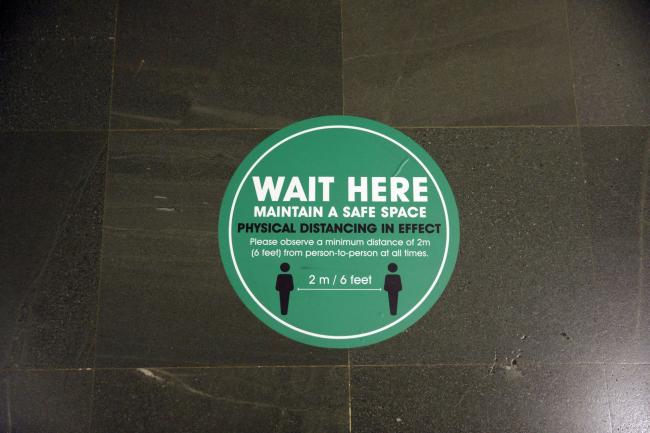(Bloomberg) -- The recession of 2020 is different from a 1930s-style depression because it has an “end game” and policy makers are merely buying time until a vaccine or treatment is developed, according to Benjamin Tal, deputy chief economist at Canadian Imperial Bank of Commerce.
It’s safe to assume there will be a second wave to the coronavirus in Canada, just as all other pandemics through history have occurred in more than one wave, Tal said Tuesday during a webinar hosted by Equifax (NYSE:EFX) Canada. He added this will create a “zigzag economy,” where governments will be quick to abandon some of their reopening policies as virus cases rise. Economic growth, though positive, will be volatile.
“The next few months will be great,” Tal said. “Activity will improve, confidence will improve, the curve will be flattened, the birds will be singing, the sun will be shining, and we will be cheating on social distancing.” The potential overlap of a second wave with the flu season later this year or early in 2021 could add to the fear and confusion, creating a negative impact on the economy and on productivity, he said.
The vast majority of job losses from the pandemic will be temporary -- “the name is still on the cubicle waiting for you” -- but there will still be long-lasting economic damage as some jobs and businesses disappear forever, Tal said. That will create a “recessionary recovery.”
“Only after we go through this recession can we definitely say it’s over,” Tal said. “That will be a 2022 story, I believe.”
A record federal deficit of about C$260 billion ($193 billion) is “just a down payment” on what will be required, Tal said. However, given the government is borrowing at very low interest rates and had a relatively strong fiscal position before the crisis, it may not need to make significant spending cuts. He calculates the deficit would have to reach C$400 billion before interest payments would rise significantly.
The government’s emergency response benefit, which gives people who have lost work about C$2,000 every four weeks, will likely be extended but also modified to gradually remove the disincentive to work, he said.
©2020 Bloomberg L.P.

